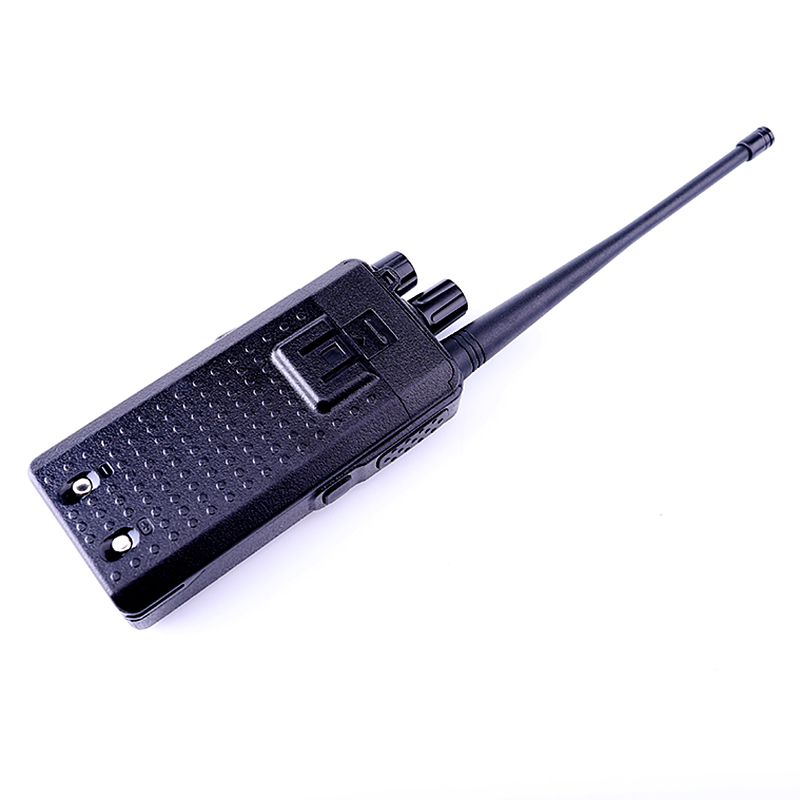



#English to chinese voice how to#
How to get honest feedback to boost your Chinese speaking and writing You can also use this smart method to get more honest feedback.įor more about getting feedback, check How to get honest feedback to boost your Chinese speaking and writing: They may also try, but (unwittingly) give you the wrong explanation. They may or may not be able to explain the difference.

Just ask them to highlight what you do wrong and have them say it for you to mimic. If you can’t find that, any native speaker will do. If you need help and guidance, it’s best to ask someone trained to teach pronunciation ( I include feedback as an option in my pronunciation course, for example). This means you need feedback on your pronunciation, because it’s highly unlikely that you have no issues it’s just that it’s not always easy to hear them.
#English to chinese voice professional#
Recording yourself provides a convenient, enlightening and cheap way to improve your spoken Chinese, including pronunciation, which is hard to get at in any other way if you don’t hire a professional teacher to do it for you. Why recording yourself speaking Chinese is such a great idea Most of this is in English, but I’ve heard my fair share of myself speaking Chinese too. I’ve listened through many hundreds of hours of my own voice, partly because of language practice and analysis, partly because I’ve edited more than a hundred podcast episodes and three video courses here on Hacking Chinese. The awkwardness of hearing yourself speak and sounding like someone else goes away if you listen to your own recordings a lot, though. What you hear is a combination of these what other people hear is just the part transmitted through the air. This is because the voice you normally hear in your head when you speak is not only transmitted through the air, but also directly through your skull. Just to get it out of the way, everybody thinks their voice sounds strange when they hear a recording of it the first time. Tune in to the Hacking Chinese Podcast to listen to the related episode:Īvailable on Apple Podcasts, Google Podcasts, Overcast, Spotify, YouTube and many other platforms! Listening to your own Chinese voice Since I reckon that many readers answered “yes to the question if you think your voice sounds weird, I decided to write this article. If you think your voice sounds strange when you listen to a recording of it, it means that you haven’t spent enough time listening, mimicking and recording. Have you listened to a recording of yourself speaking Chinese, only to find that your voice sounds unfamiliar and strange, like another person? Then you’re not alone!


 0 kommentar(er)
0 kommentar(er)
